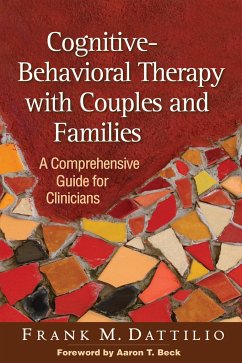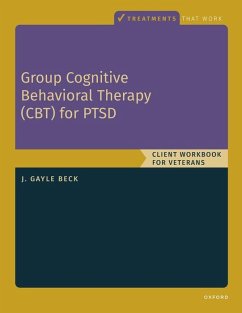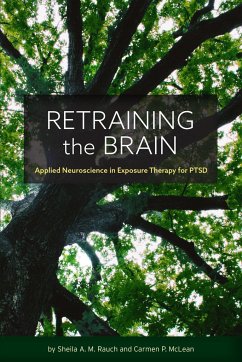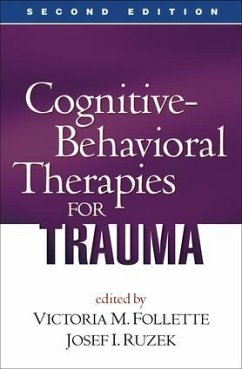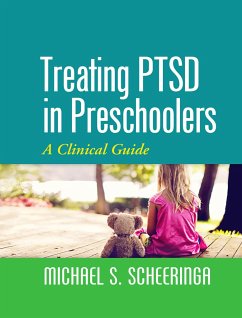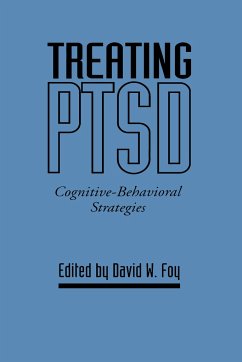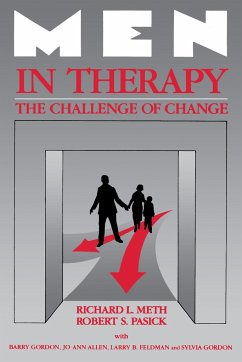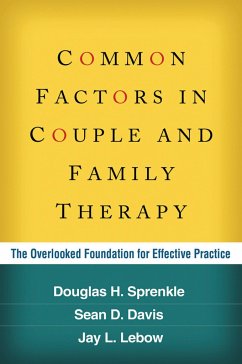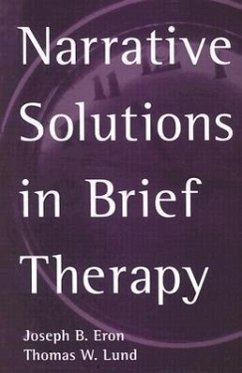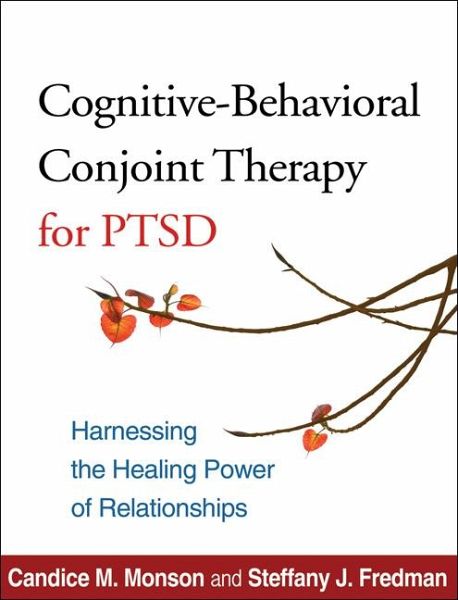
Cognitive-Behavioral Conjoint Therapy for Ptsd
Harnessing the Healing Power of Relationships
Versandkostenfrei!
Versandfertig in über 4 Wochen
45,99 €
inkl. MwSt.

PAYBACK Punkte
23 °P sammeln!
Presenting an evidence-based treatment for couples in which one or both partners suffer from posttraumatic stress disorder (PTSD), this step-by-step manual is packed with practical clinical guidance and tools.





